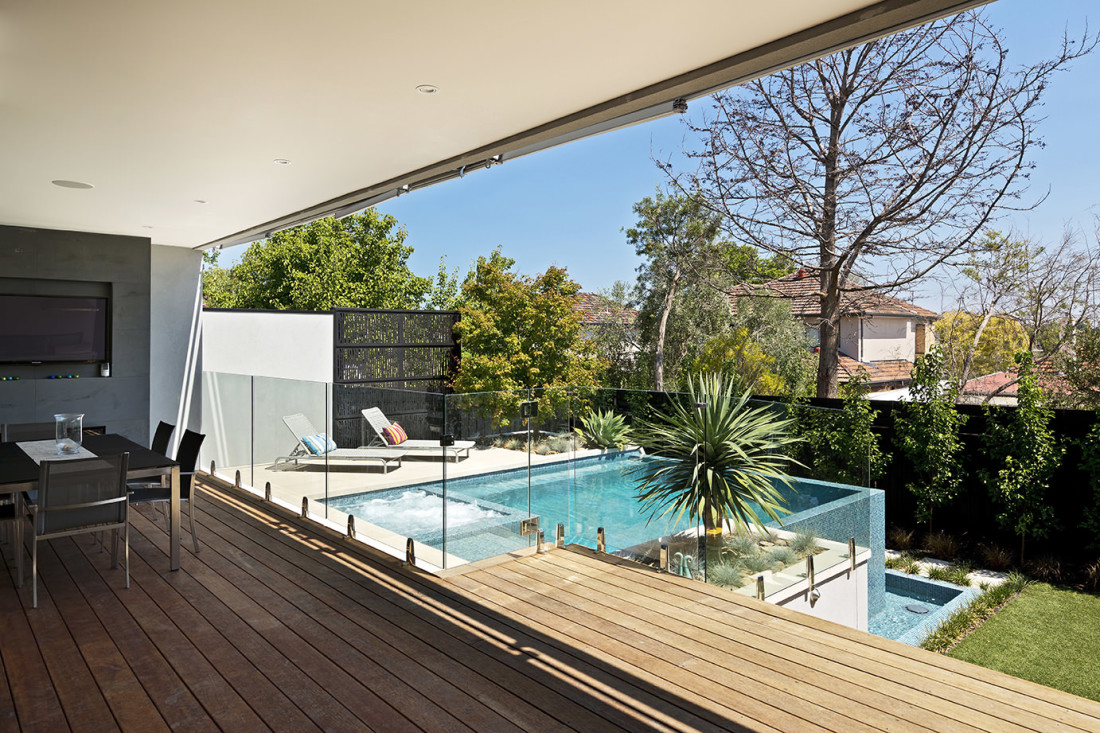For many homeowners with a swimming pool, one of the burning questions is: ‘how much does it cost to heat a pool’? If you enjoy swimming throughout the year or want to make the most out of your investment, understanding the expenses involved in pool heating is essential. In this article, we will explore the various factors that can affect pool heating costs, the types of pool heaters available, and tips on how to save money while keeping your pool warm and inviting.

Understanding the Basics of Pool Heating Costs
Before diving into the specifics, its crucial to understand the basics. Heating a pool involves several factors, including the size of your pool, the type of heater you use, and the local climate. Let’s break down these factors to get a clearer view of what to expect.
Factors Affecting Pool Heating Costs
There are several key factors that can influence the costs associated with heating your pool. These include:
- Pool size: Larger pools require more energy to heat than smaller ones.
- Climate: Colder climates will need more energy to maintain the desired temperature.
- Usage: How often you use the pool and for how long will impact heating costs.
- Insulation: Pools with better insulation will retain heat better and reduce heating costs.
- Type of heater: Different types of heaters have varying energy efficiencies and costs.

Types of Pool Heaters
Gas Pool Heaters
Gas pool heaters are popular because they can quickly heat a pool, making them ideal if you use the pool sporadically. However, they can be expensive to operate, especially in regions where natural gas or propane costs are high.
Electric Heat Pumps
Electric heat pumps are more energy-efficient compared to gas heaters. They work by extracting heat from the air and transferring it to the water. The efficiency of heat pumps makes them a cost-effective option for continuous pool heating.
Solar Pool Heaters
Solar pool heaters utilize solar panels to capture the suns energy and heat the pool. While the initial installation costs can be high, the ongoing operational costs are minimal, making them an environmentally friendly and cost-efficient option in the long term.

Cost Breakdown
Installation Costs
The initial cost of installing a pool heater can vary widely depending on the type of heater chosen. Heres a rough breakdown:
- Gas Pool Heaters: $1,500 – $3,000
- Electric Heat Pumps: $2,000 – $4,500
- Solar Pool Heaters: $3,000 – $7,000
Operational Costs
Once installed, the ongoing operational costs of pool heaters also vary:
- Gas Pool Heaters: $200 – $600 per month
- Electric Heat Pumps: $50 – $150 per month
- Solar Pool Heaters: $10 – $20 per month
Energy Efficiency
Energy efficiency plays a crucial role in the overall cost of heating your pool. More efficient heaters will cost less to run over time. Here are a few tips to enhance energy efficiency:
Use a Pool Cover
Using a pool cover can significantly reduce heat loss, thereby reducing heating costs. Covers can also help keep debris out of the pool, making maintenance easier.
Regular Maintenance
Maintaining your heater and pool can improve performance. Make sure filters are cleaned, and regular home repairs and inspections are carried out to ensure everything is running smoothly.
FAQs
What is the most cost-effective way to heat my pool?
The most cost-effective way to heat your pool would be using a combination of solar heaters and a pool cover to retain heat.
How long does it take to heat a pool?
It depends on the type of heater and the size of the pool. Gas heaters can heat a pool in a few hours, while heat pumps and solar heaters may take longer.
Is it cheaper to maintain a constant pool temperature or to heat on demand?
Maintaining a constant temperature can be more economical than heating on demand, especially if you use a pool cover and have a high-efficiency heater.
,
As an Amazon Associate, I earn from qualifying purchases.

